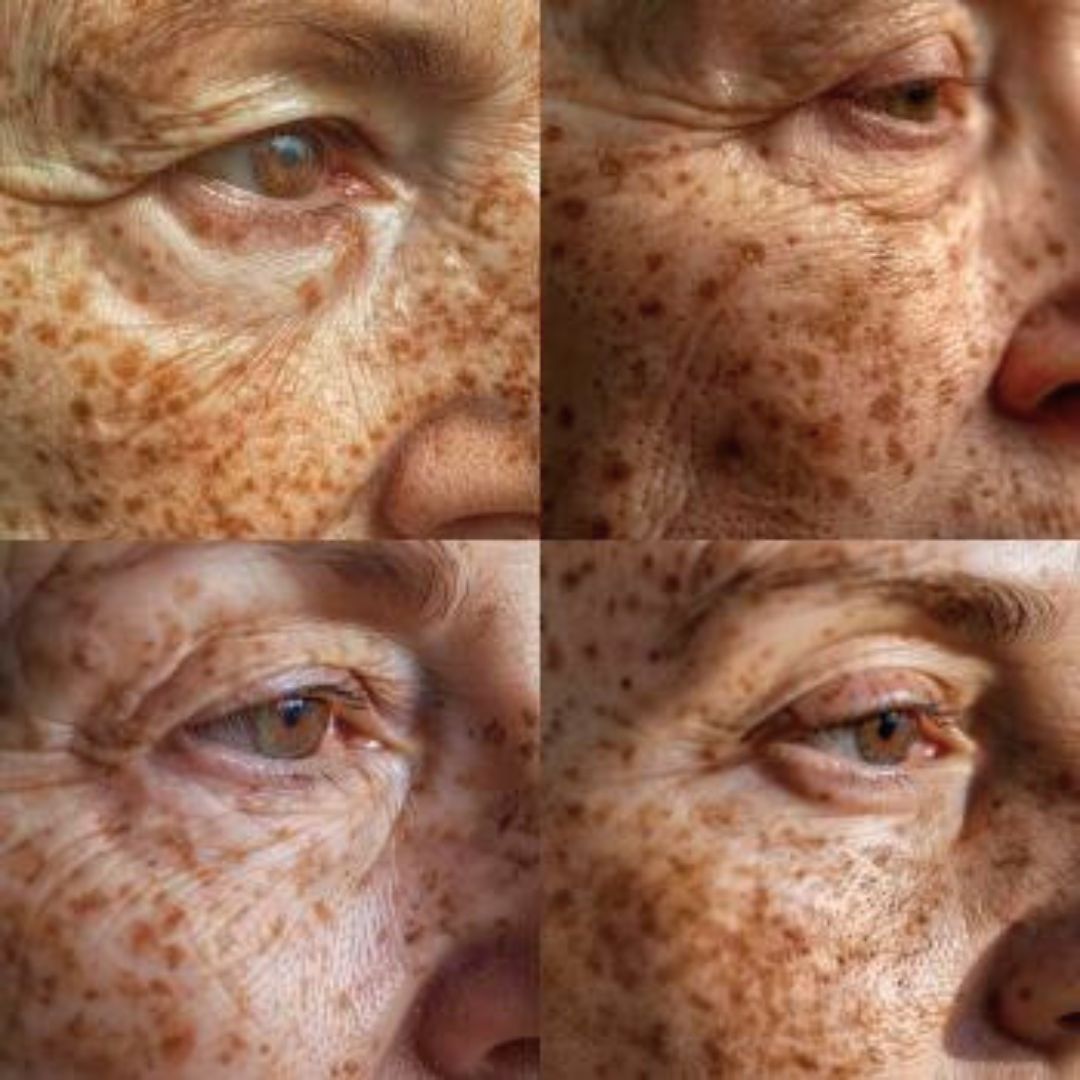While staying hydrated is essential for good health, drinking too much water can lead to a condition known as hyponatremia, where the balance of electrolytes in your body is disrupted. Here are some signs that you might be drinking too much water:
1. Frequent Urination
- What to Watch For: If you find yourself needing to urinate excessively, especially waking up multiple times at night to go to the bathroom, it could be a sign of overhydration.
2. Clear Urine
- What to Watch For: While pale yellow urine indicates proper hydration, completely clear urine might be a sign that you’re overdoing it. A slight yellow tint is normal and healthy.
3. Swelling or Discoloration in Hands, Feet, and Lips
- What to Watch For: Overhydration can lead to swelling or bloating in your extremities, as well as a feeling of puffiness in your face, hands, or lips.
4. Headaches
- What to Watch For: Drinking too much water can cause an electrolyte imbalance, leading to headaches. These headaches may feel similar to those caused by dehydration.
5. Nausea and Vomiting
- What to Watch For: An excess of water in the body can overwhelm the kidneys, leading to nausea, vomiting, and even diarrhea.
6. Muscle Weakness or Cramps
- What to Watch For: Low sodium levels due to overhydration can cause muscle cramps, spasms, or general feelings of weakness.
7. Fatigue
- What to Watch For: Despite drinking water for energy, overhydration can lead to fatigue as your body struggles to balance its electrolyte levels.
8. Confusion or Disorientation
- What to Watch For: Severe hyponatremia can lead to neurological symptoms such as confusion, disorientation, or even seizures. This is a medical emergency and requires immediate attention.
How to Maintain Balance:
- Listen to Your Body: Thirst is a good indicator of when you need to drink water. If you’re not thirsty and your urine is light yellow, you’re likely well-hydrated.
- Know Your Needs: Water needs vary based on factors like age, weight, activity level, and climate. Generally, 8-10 glasses a day is recommended, but individual needs may differ.
- Electrolytes: If you’re drinking large amounts of water, ensure you’re also replenishing electrolytes, especially if you’re active or sweating a lot.
If you suspect you might be drinking too much water and are experiencing any of these symptoms, it’s important to adjust your intake and consult with a healthcare professional if necessary. Balance is key to staying hydrated and healthy! 🌊💧





